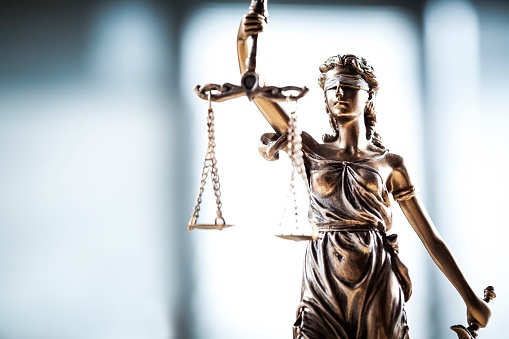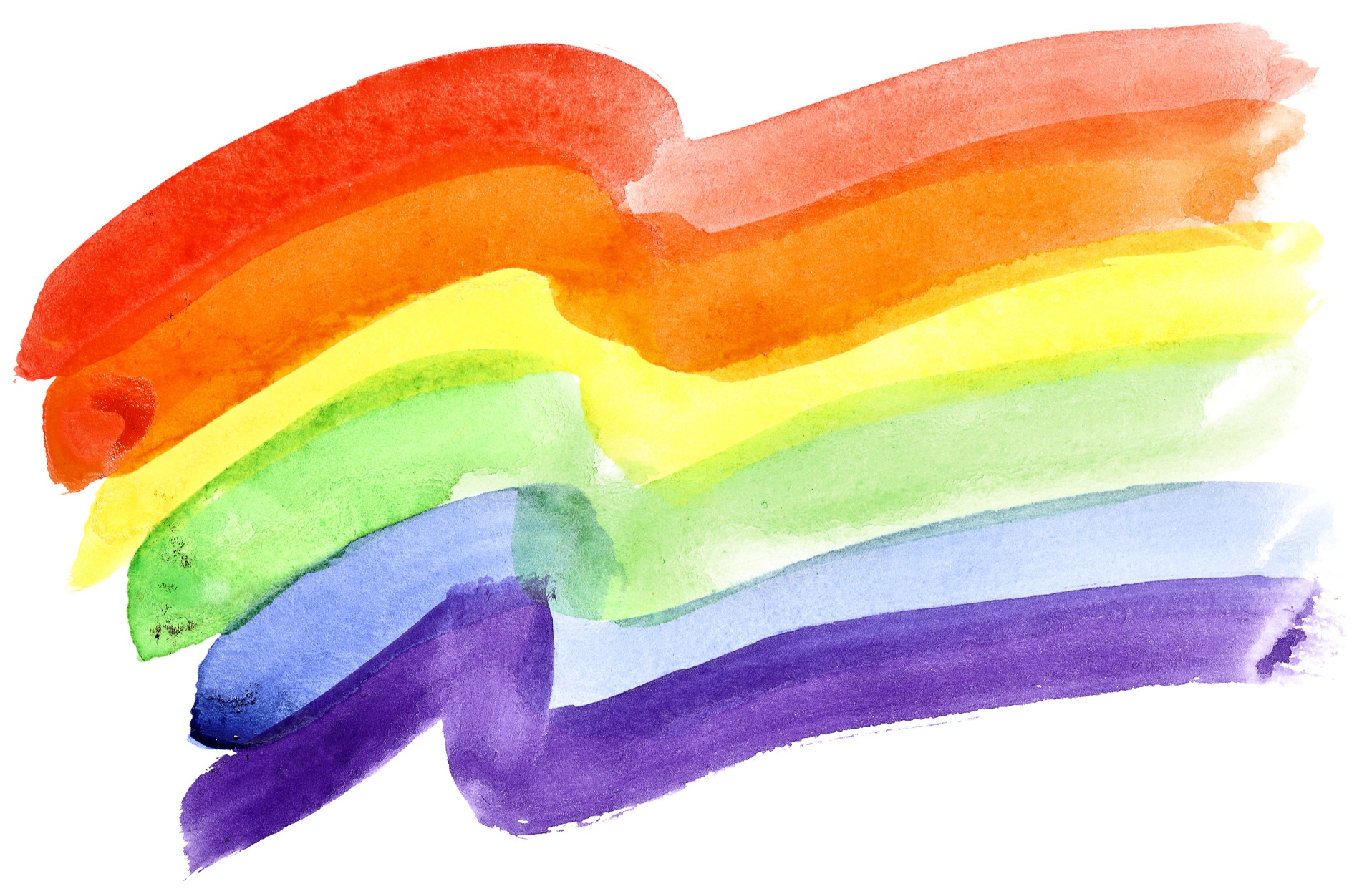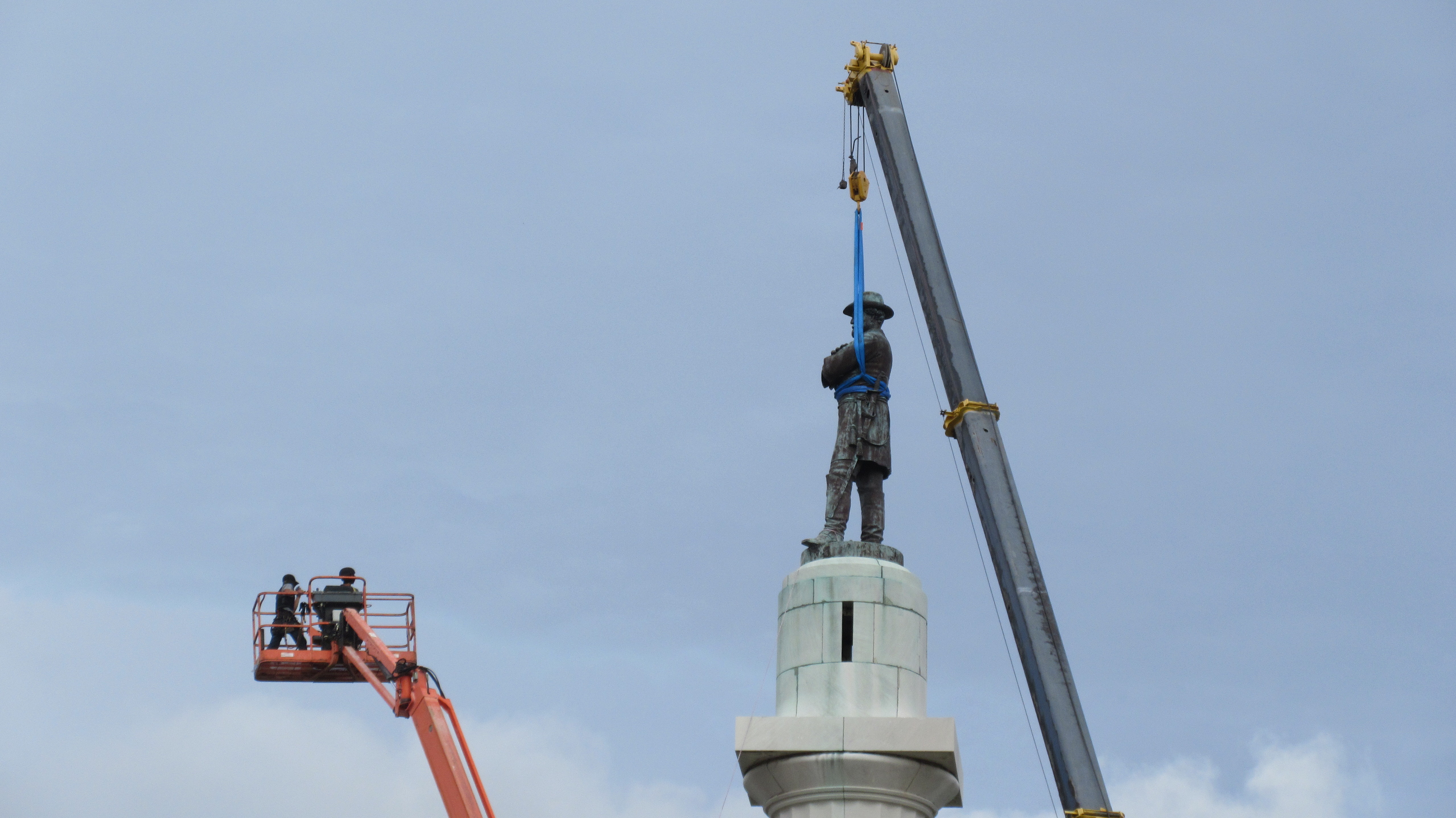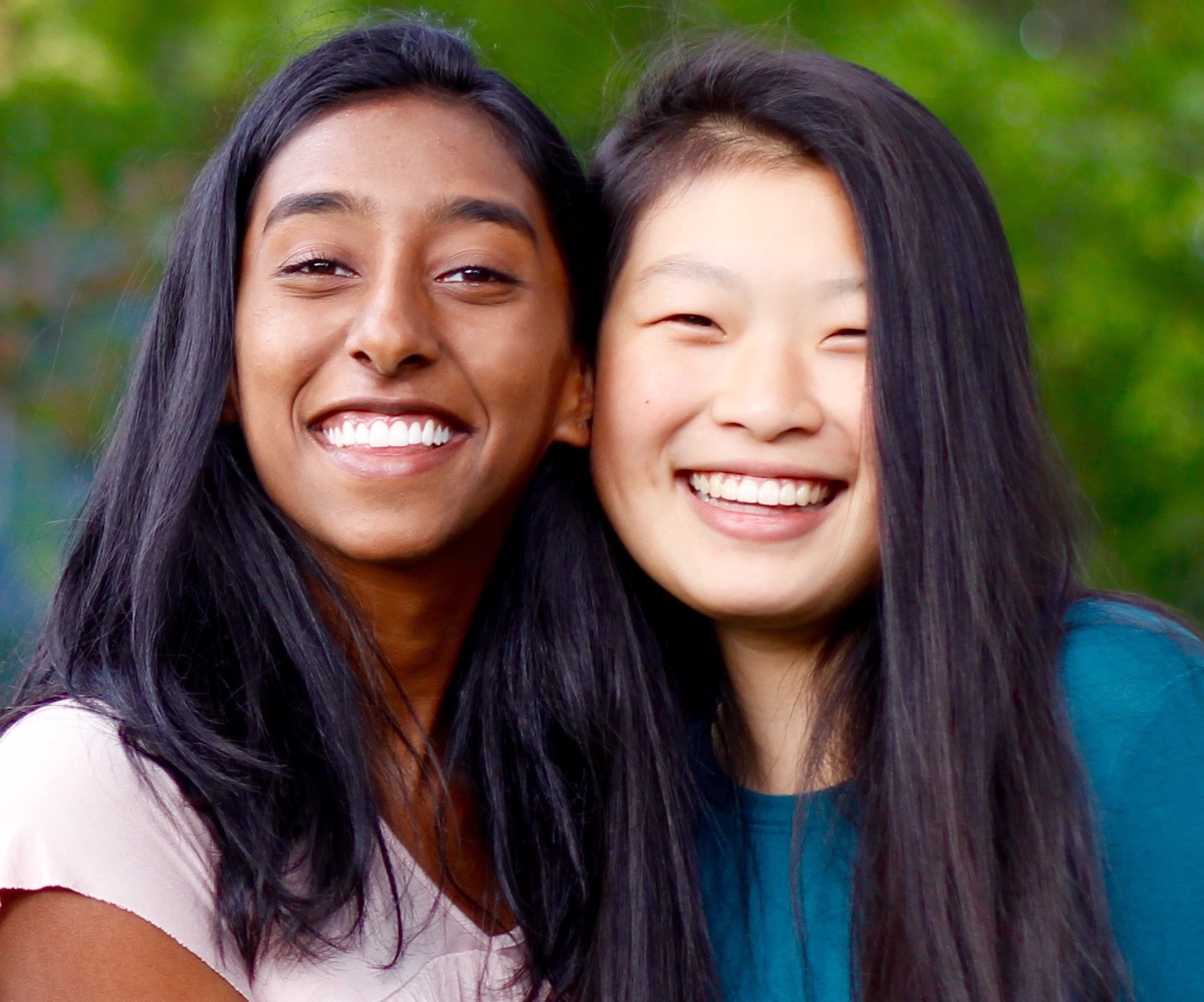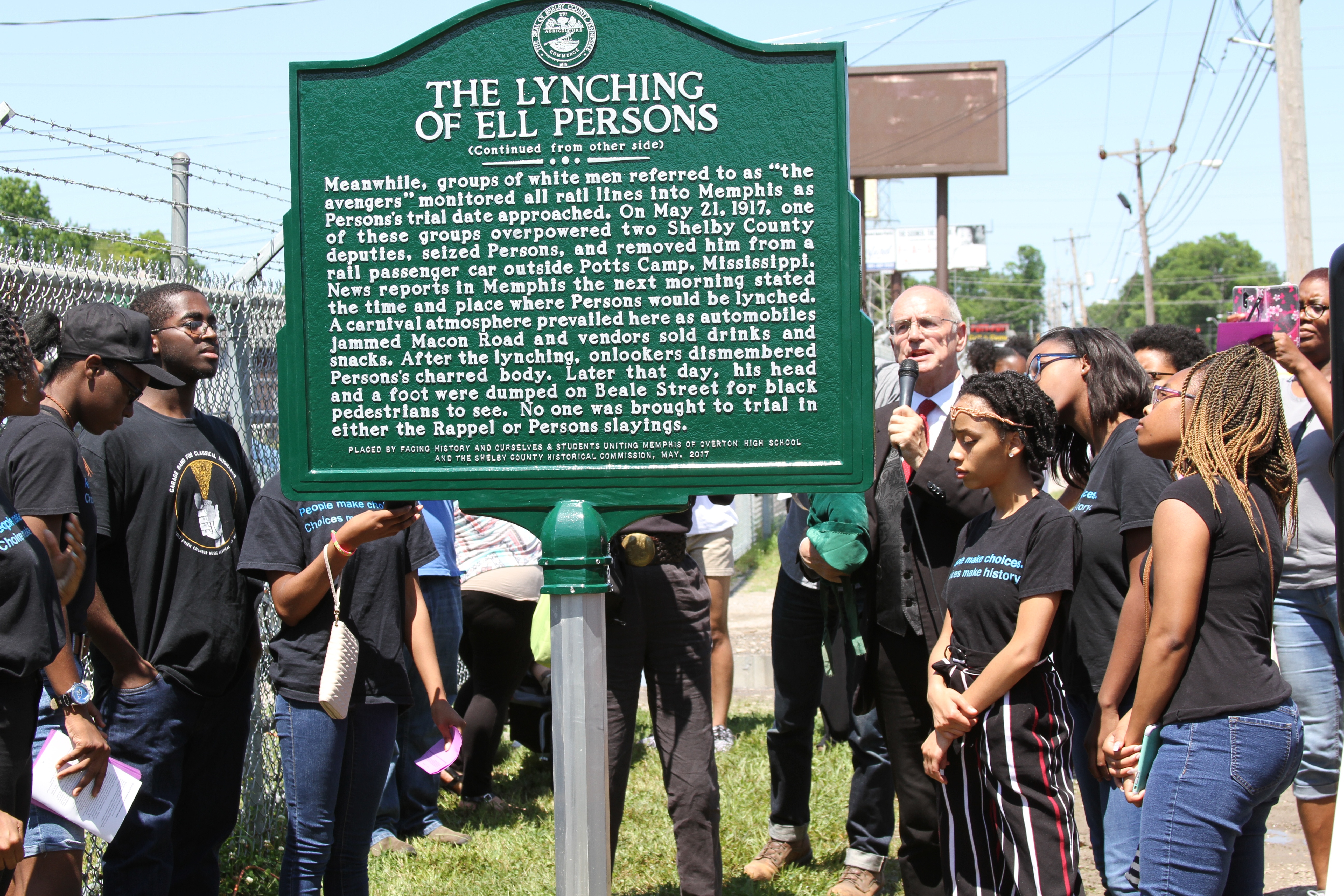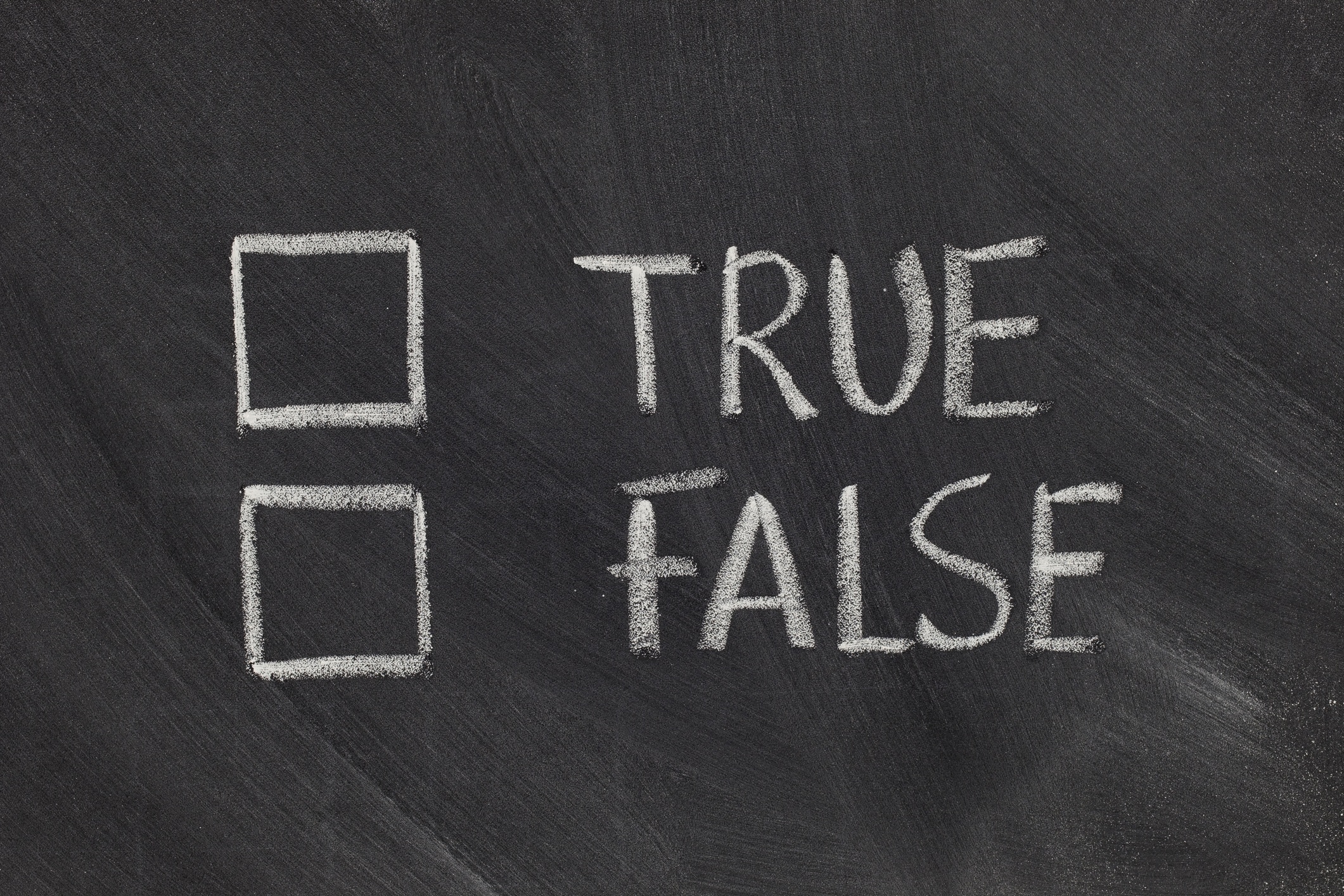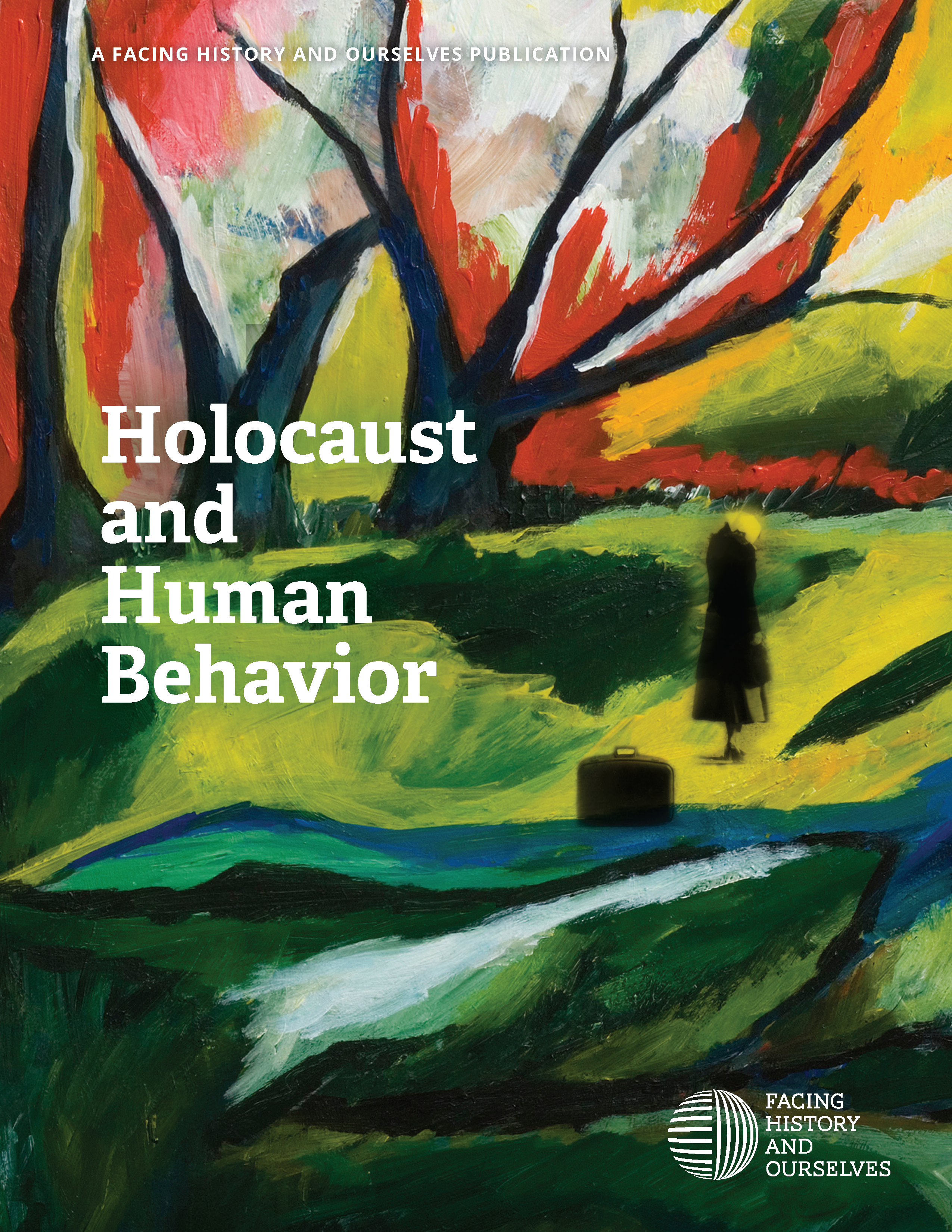Most would agree that one of the hallmarks of a successful civil society is an expectation that people will follow the law. But what about the presence of unjust laws—those that are morally reprehensible, discriminatory, dehumanizing, and privileges one group over others? They present an interesting dilemma, especially since one aim of civic education is to teach students to be good law-abiding citizens.
How You Can Guide Decision Making in the Presence of Unjust Laws
Posted by Dr. Steven Becton on June 15, 2017
Topics: Democracy
Spark Conversation About Democracy With This Book List For All Ages
Posted by Laura Tavares on June 13, 2017
The school year is finally winding down and it’s a been tough one. We’ve had deep and difficult conversations in classrooms sparked by divisive elections, social tensions, and rising incidents of hate in the US and around the world. Events from this past year prompted Facing History to ask “What Makes Democracy Work?” in our weekly series exploring democracy, leadership, and civic responsibility. And we know that even as class lets out for the summer, we’ll all still have lingering questions about these issues on our minds.
That’s why we partnered with School Library Journal to create a book list that helps us all—educators, students, and parents—reflect on these questions over the summer months.
Topics: Democracy, Reading List
June is LGBT Pride Month. To celebrate, we're featuring a student essay from Charlie Kolodziej who shared why he openly embraces his identity as a gay teenager. Out of over 5,200 submissions to the 2017 Facing History Together Student Essay Contest, Kolodziej's essay was chosen as one of the three to receive a $5,000 Upstander Scholarship, thanks to the generosity of the Holland and Knight Charitable Foundation. Kolodziej's words reminds us about what it means to decide to not be afraid of showing who you are.
Topics: Student Voices
Up until late last May, the bronze statue of Confederate General Robert E. Lee, was featured prominently in the center of Lee Circle in New Orleans, Louisiana. Now, the nearly 60-foot column it rested upon is bare and empty after the city removed the last of its Confederate era monuments. Sparked by Mayor Mitch Landrieu after the 2015 massacre of nine black churchgoers in Charleston, South Carolina, the effort to remove these monuments has ignited emotionally charged responses and debates all across the country: Are we erasing the past by removing them? Or are we upholding legacies of racism and discrimination by keeping them?
Topics: Memorials, Reconstruction, Memorial
Power up Your Summer Learning with a Facing History Online Course
Posted by Facing History and Ourselves on June 1, 2017
Topics: Professional Development
Today's News, Tomorrow's History: France's Presidential Election
Posted by Monica Brady-Myerov on May 30, 2017
Today’s News, Tomorrow’s History is an ongoing series with Listenwise. This series connects Facing History’s themes with today’s current events using public radio to guide and facilitate discussions around the social issues of our time. We will take a look at the recent presidential elections in France.
Topics: Today's News Tomorrow's History, current events, Listenwise
Over the last month, we've been examining the different facets of democracy with our "What Makes Democracy Work?" campaign. Today, we look at two rising young stars who are showing that civically engaged young people are key to a healthy democracy. Winona Guo and Priya Vulchi started the student-run organization, CHOOSE, to overcome racism and inspire harmony through exposure, education, and empowerment. This led them to collaborate with Princeton University on, The Classroom Index, a textbook devoted to racial literacy. Liz Vogel, Executive Director for Facing History's Los Angeles office, had the opportunity to serve as Guo's mentor through Three Dot Dash (3DD), a global teen leadership program. We asked Guo to tell us about her and Vulchi's experience creating a textbook for racial literacy.
Topics: Democracy
Memphis Students Unite Their Community 100 Years After A Lynching
Posted by Stacey Perlman on May 22, 2017
On May 21, 1917 thousands of people gathered in Memphis to watch the brutal lynching of Ell Persons. One hundred years later, this past Sunday, the student-led activist group, Students Uniting Memphis (SUM), gathered with 500 community members from all backgrounds to commemorate his life and bring awareness to the injustices that occur when we divide people into “us” vs. “them.”
Topics: Race and Membership
One of the demands of democracy is the ability to productively engage with others who see things differently—to debate ideas, learn from one another, and advocate for thoughtful and informed decisions. Productive engagement of this kind requires us to think critically and to try to discern fact from opinion, hypothesis from truth. This last part has felt especially complicated over the last several months.
Topics: Democracy
Thirty-eight years ago, I was part of writing Facing History’s first edition of Holocaust and Human Behavior. It was a different time then. Holocaust education was minimal and what was taught tended to focus only on the concentration camps and the victimization of Jews and other “undesirable” groups. Students would often respond with the sentiment of, “What happened was horrible but what has that got to do with me? I can’t change the past.” That’s why I knew Facing History was onto something with Holocaust and Human Behavior all those years ago.
Topics: Holocaust and Human Behavior

